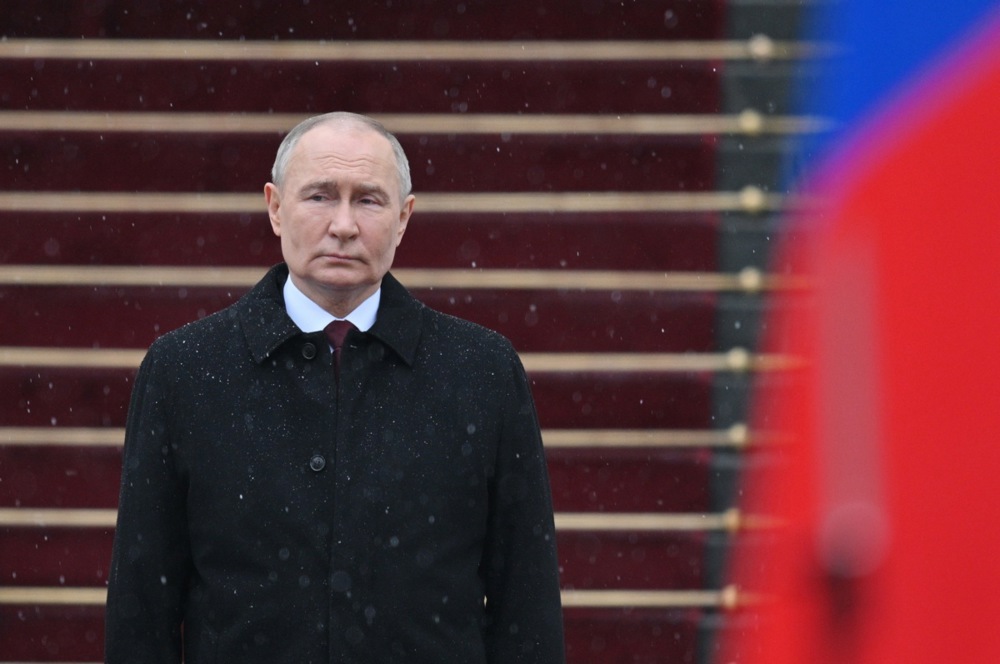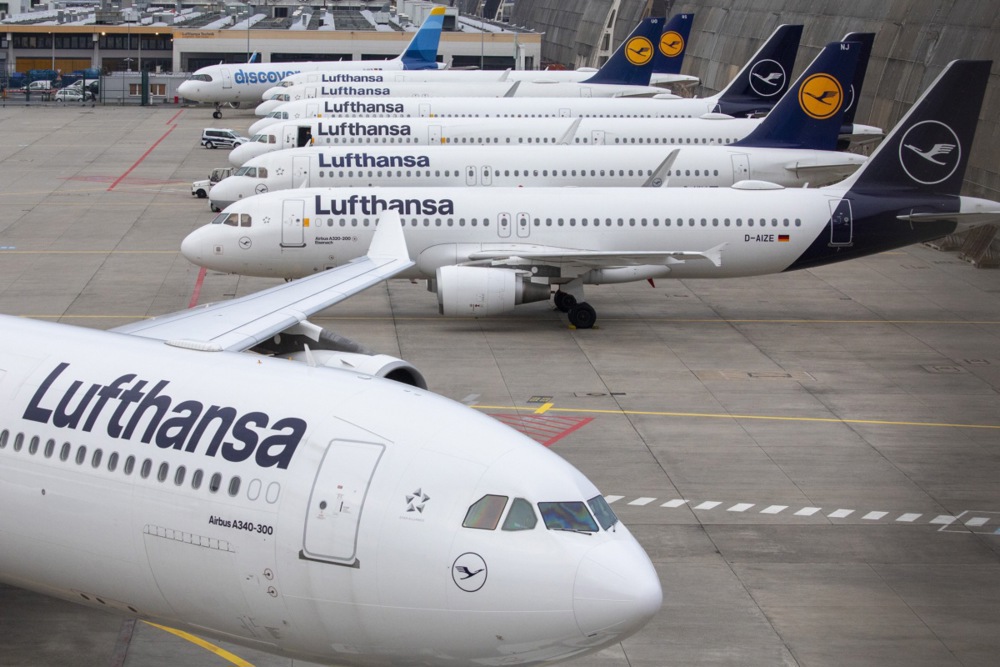China has launched an anti-dumping investigation into pork and pork byproducts imported from the European Union.
The primary exporters to China from the EU are Spain, the Netherlands, Denmark and France.
Beijing’s move on June 17 comes in response to the bloc’s restrictions on Chinese electric vehicle (EV) exports.
Announced by China’s commerce ministry, the latest investigation will scrutinise pork products meant for human consumption, including fresh, chilled and frozen cuts, as well as pig intestines, bladders and stomachs.
China’s Government justified the investigation by citing a complaint from the China Animal Husbandry Association on June 6, which represents the domestic pork industry.
The government’s move came after the European Commission’s decision on June 12 to impose anti-subsidy duties of up to 38.1 per cent on imported Chinese EVs starting in July, prompting companies to brace for possible retaliatory tariffs.
A European Commission spokesperson stated that the EU was not concerned about China’s investigation and insisted the bloc would ensure compliance with World Trade Organisation (WTO) rules.
Spain has urged negotiations to prevent tariffs on its pork exports to China.

According to customs data, the EU accounted for more than half of the approximately $6 billion worth of pork imported by China in 2023. Spain alone contributed around a quarter of this, with exports valued at $1.5 billion.
The Netherlands and Denmark were the second- and third-largest exporters, respectively, with their pork products to China worth $620 million and $550 million. France followed with exports totalling $358.2 million.
Earlier in June, China’s Minister of Commerce Wang Wentao visited Spain to engage with officials before the EC’s announcement regarding Chinese EV producers.
“It will not be the first time that a probe announced in one jurisdiction is responded to in kind, so in view of the EU electric vehicles probe, this is not a surprise,” said Jens Eskelund, president of the European Union Chamber of Commerce in China.
Concerns about Chinese industrial overcapacity flooding the EU market with cheap products, including EVs, have intensified. This situation is escalating the West’s trade tensions with Beijing, which began with the US imposing import tariffs in 2018.
The US sponsored China’s entry into the WTO in 2001. Since then, trade disputes between the two countries have intensified.
Governments typically impose anti-dumping duties on imported goods suspected of being sold below production costs, to protect their domestic industries.
European pork producers are expected to continue exporting to China without tariffs while the investigation is ongoing, pending a final decision and announcement from Beijing.
The Chinese commerce ministry stated that the probe should be completed by June 17, 2025 but could be extended by an additional six months if necessary.
The European Commission is set to notify carmakers that it will provisionally apply additional duties of up to 25 per cent on imported Chinese electric vehicles from next month. https://t.co/r8egEm2wMg
— Brussels Signal (@brusselssignal) June 12, 2024





